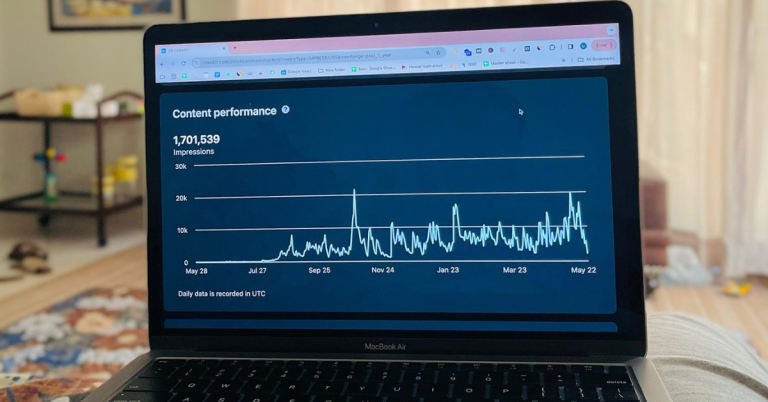Optimizing Payment Gateways with Machine Learning for Real-Time Insights
In the dynamic world of digital finance, payment gateways serve as the backbone of e-commerce, facilitating secure transactions between businesses and customers. As the industry evolves, the integration of advanced technologies like machine learning (ML) has become crucial for optimizing these payment gateways. Particularly in the context of funded crypto trading, where speed and accuracy are paramount, machine learning offers real-time insights that can significantly enhance the transaction experience. This article explores how machine learning can optimize payment gateways, providing benefits for both businesses and users.
The Role of Payment Gateways
Payment gateways are essential for processing online transactions, acting as intermediaries between customers, merchants, and financial institutions. They ensure that sensitive data is securely transmitted and that payments are processed efficiently. However, the growing complexity of transactions, especially in funded crypto trading, necessitates the need for smarter, more adaptive systems that can respond to real-time data.
How Machine Learning Optimizes Payment Gateways
- Fraud Detection and Prevention One of the most critical applications of machine learning in payment gateways is its ability to detect fraudulent activities in real time. Traditional fraud detection methods often rely on predefined rules and heuristics, which can be inadequate against sophisticated fraud tactics. Machine learning algorithms, however, can analyze vast amounts of transaction data to identify unusual patterns that may indicate fraud. For example, if a user typically engages in small trades and suddenly initiates a high-value transaction, the system can flag this as suspicious. By employing machine learning for fraud detection, businesses involved in funded crypto trading can significantly reduce their exposure to fraudulent activities.
- Transaction Risk Assessment Machine learning models can assess the risk associated with each transaction based on multiple factors, including transaction history, user behavior, and geographical location. By analyzing these variables, ML algorithms can provide a risk score for each transaction, enabling payment gateways to implement dynamic security measures. For example, a transaction deemed high-risk may require additional verification steps, such as multi-factor authentication. This adaptive risk assessment is particularly beneficial in the volatile environment of funded crypto trading, where market conditions can change rapidly.
- Enhanced Customer Experience Machine learning can significantly improve customer experience by personalizing payment options and streamlining the checkout process. By analyzing user behavior and preferences, payment gateways can offer tailored recommendations and optimized payment methods, reducing friction during transactions. For instance, a user frequently engaging in funded crypto trading might prefer to pay using a specific digital wallet. By predicting such preferences, payment gateways can facilitate quicker transactions, enhancing user satisfaction and encouraging repeat business.
- Predictive Analytics for Business Insights Another critical benefit of machine learning is its ability to provide predictive analytics. By analyzing historical transaction data, ML algorithms can identify trends and forecast future behavior. For businesses involved in funded crypto trading, these insights can be invaluable for decision-making. Companies can anticipate market fluctuations, adjust pricing strategies, and optimize their inventory based on predicted customer demand. This proactive approach not only improves operational efficiency but also enhances competitiveness in the marketplace.
Challenges and Considerations
While the integration of machine learning into payment gateways offers numerous advantages, businesses must also address certain challenges. The quality of machine learning models is heavily dependent on the data used to train them. Poor-quality or biased data can lead to inaccurate predictions and suboptimal decision-making. Therefore, companies must invest in robust data management practices to ensure the reliability of their machine learning models.
Additionally, regulatory compliance remains a critical concern, especially in the financial sector. Businesses must ensure that their use of machine learning adheres to data protection laws and regulations to avoid potential legal pitfalls.
The Future of Machine Learning in Payment Gateways
The future of payment gateways will likely be defined by advancements in machine learning technology. As algorithms become more sophisticated, their ability to process real-time data and adapt to changing conditions will enhance the efficiency and security of payment transactions. For businesses engaged in funded crypto trading, this evolution will be particularly significant, enabling them to navigate the complexities of a fast-paced digital economy.
Conclusion
Optimizing payment gateways with machine learning is a transformative approach that offers substantial benefits for businesses and consumers alike. From real-time fraud detection to personalized customer experiences, the applications of machine learning in payment processing are vast and impactful. For industries like funded crypto trading, where the stakes are high and the landscape is continuously changing, leveraging machine learning will be crucial for ensuring secure, efficient, and user-friendly transactions. As the financial technology sector continues to innovate, machine learning will play a central role in shaping the future of payment gateways and the overall digital economy.







